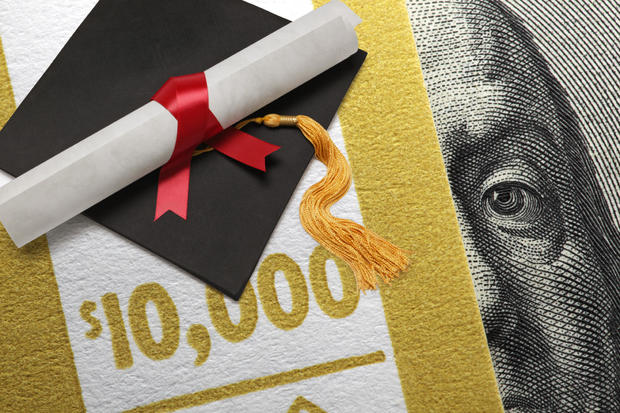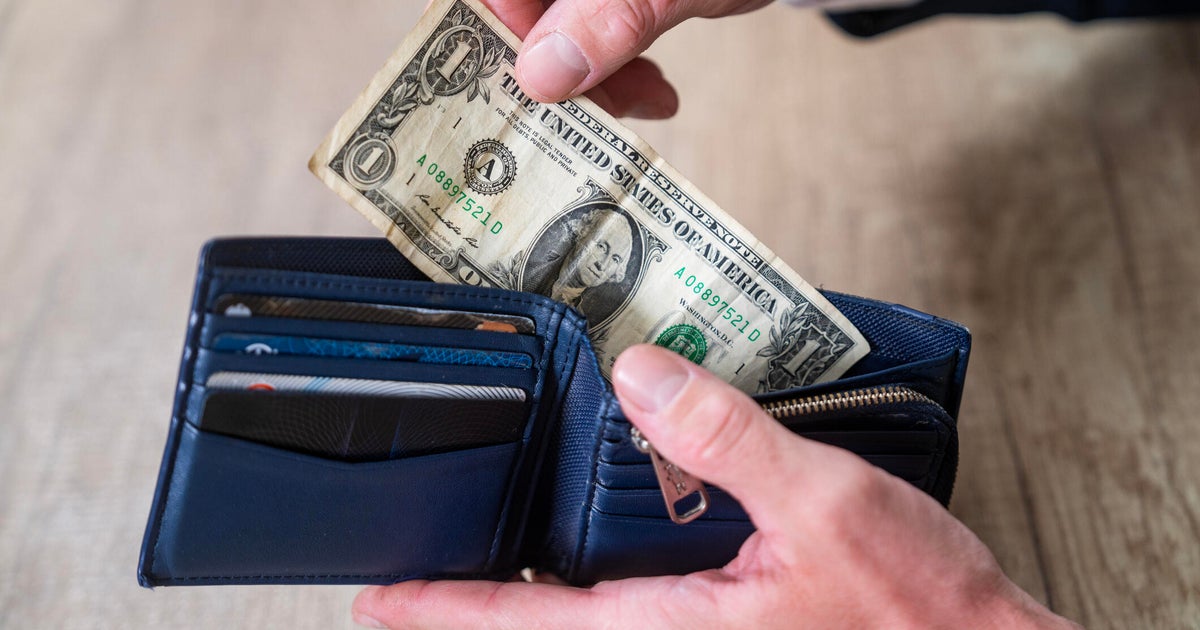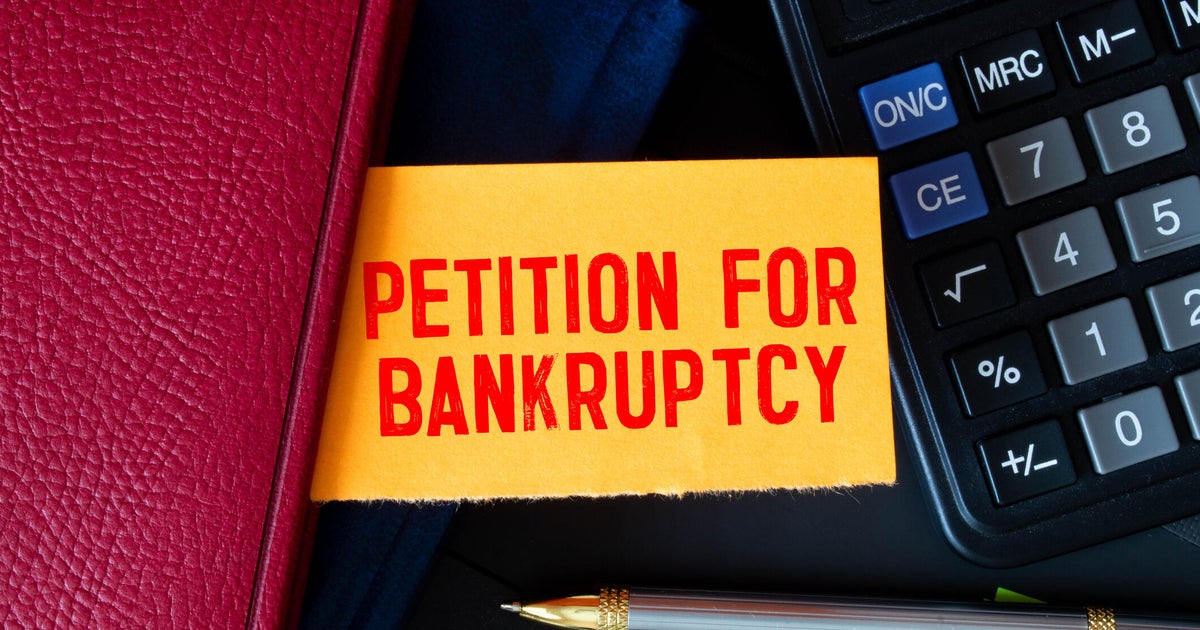Supreme Court strikes down student loan forgiveness. Here's what borrowers should do now.
Millions of student loan borrowers encountered some unwelcome news Friday morning after the Supreme Court announced that they were striking down President Biden's planned student loan forgiveness plan. The decision, ruled by a 6-3 majority on the court, will halt relief for around 40 million borrowers who could have had as much as $20,000 of their existing debt forgiven.
Specifically, the court ruled that Education Secretary Miguel Cardona did not have the authority to wipe out the existing federal student loan debt under legislation known as the HEROES act.
"We hold today that the act allows the secretary to 'waive or modify' existing statutory or regulatory provisions applicable to financial assistance programs under the Education Act, not to rewrite that statute from the ground up," Chief Justice John Roberts wrote.
More than 26 million borrowers had reportedly applied for the forgiveness program and around 16 million were approved before the Department of Education paused applications in light of legal challenges against it.
While forgiveness would have wiped out a significant chunk of borrowers' debts — and in some cases left them with nothing to pay — there are still options for those with student loan debt, albeit not as favorable as total forgiveness.
Borrowers with private student loans, for example, can still explore their refinancing options, which can potentially reduce their interest rates and put more money back into their pockets. Check private student loan refinancing options here now to see if it could help you.
What borrowers should do now
It's important to understand that there are two types of student loans: federal and private. Federal loans are provided by the government, while private loans are provided by private student loan lenders. The former was the type that could have potentially been forgiven by the Biden administration, but now likely won't be following the Supreme Court's ruling. Private student loans, meanwhile, were not in the running for forgiveness and aren't likely to ever be.
Borrowers with private student loan debt, however, should strongly consider their refinancing options, particularly now that their federal loan debt is going to be hanging around permanently. In this climate, it makes sense to take action to reduce costs as much as possible. By refinancing private student loans, borrowers could secure a lower interest rate and pay less in interest over the remainder of their loan. But a lower interest rate isn't the only benefit of refinancing your private student loan. Here are two other reasons why it's worth doing:
You can change the repayment terms. Whether you're unhappy with your current repayment schedule or simply want to re-work it into something more manageable, a student loan refinance could help. If you have multiple private student loans on different payment schedules, for example, you can refinance them into a single one to be repaid on a better timeframe. Or you could refinance and extend the schedule in order to reduce your monthly payments, knowing that you're now expected to pay the federal loan debt, too.
You can switch to a different lender. If your experience with your current student loan lender hasn't been great — or you think you can improve it — then consider refinancing your private student loan with a different institution. Other lenders will be eager for your business and may offer you better rates, terms and perks (like potential postponements) if you refinance your existing loan with them instead.
Learn more about refinancing your private student loans here now.
Consider private student loans
While private student loans don't come with some benefits that federal student loans do, they do have features that can appeal to borrowers, especially now that they know what their repayment future looks like. Here are two reasons why a private student loan could be worth it for you:
Higher borrowing limits. College and post-graduate education can be expensive. And federal loans may not cover all or even most of that expense. Fortunately private student loans tend to have higher borrowing limits, letting borrowers bridge the gap between what they've been approved for federally and what they still need to finance the balance of their education.
Quicker approvals. While every private student loan lender is different, on the whole private student loans tend to get approved more quickly than their federal counterparts. Those who fill out the FAFSA for federal aid can expect to wait days, if not weeks, for a formal approval. Private student loan applicants, however, can often be approved within a day or two (again, depending on the lender in question). This can be especially helpful for those who wait right up until the fall semester to get their student loan financing in order.
Learn more about private student loan benefits here now.
The bottom line
While the Supreme Court decision may not be great news for many borrowers, there are still ways to reduce costs and expedite repayment terms. By refinancing their private student loans, for example, borrowers can potentially secure a lower interest rate. They also may be able to change the overall repayment terms and possibly switch to a lender that's better for them.
That said, it makes sense to thoroughly explore private student loan options now following the forgiveness news. In some instances, private student loans can help students cover the gap left by inadequate federal student loan support — and they can generally get approved much more quickly than if they went the federal route.
Learn more about your private student loan options here now.






